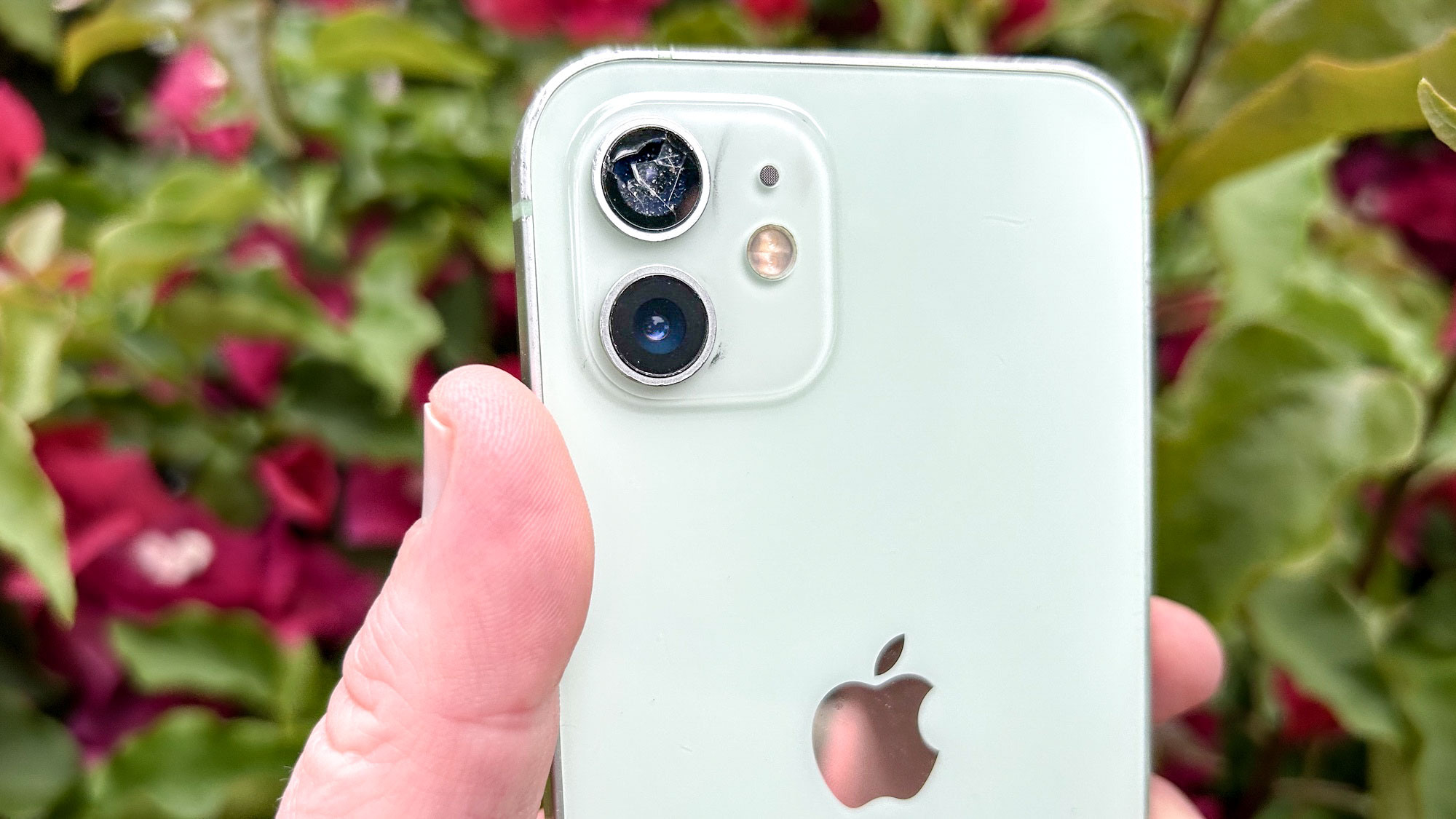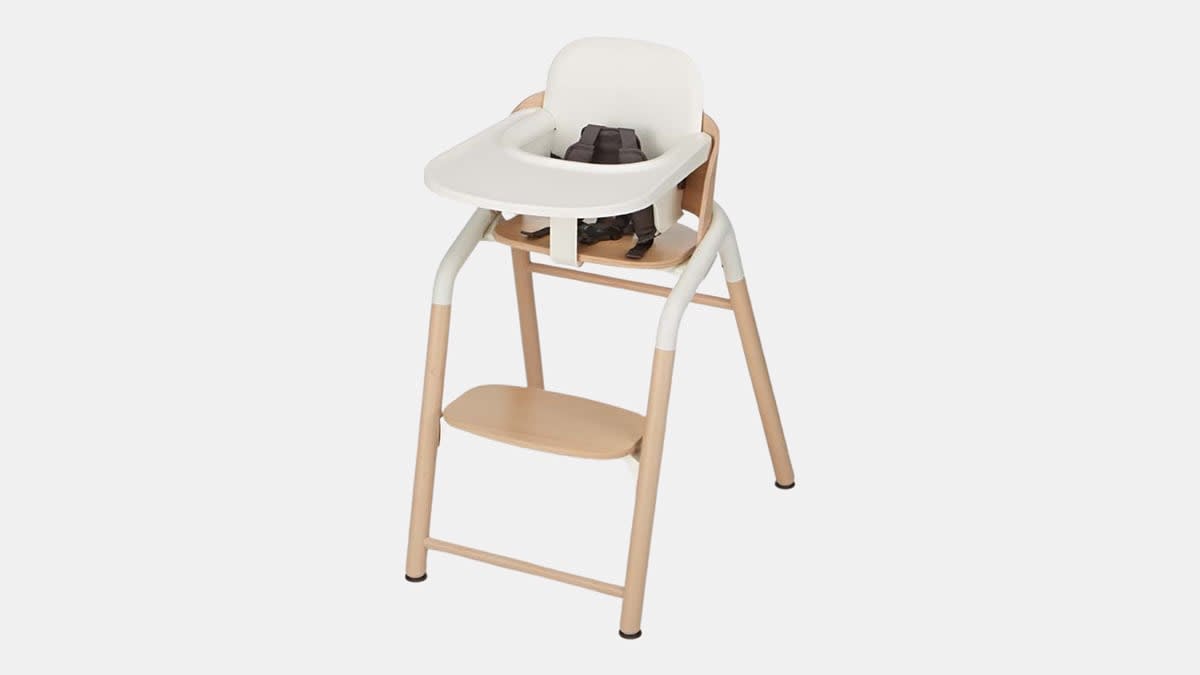Building a Better World, Together

What’s at stake: Many Black women and girls use synthetic hair extensions as a long-lasting way to enhance their braided hairstyles. But people who use these products, as well as professional hair braiders, have long reported negative skin reactions, prompting CR to investigate.
What we found was concerning: Every one of the 10 popular synthetic braiding hair products we tested contained potentially dangerous chemicals, including substances linked to cancer, immune system suppression, and other serious health risks. That’s especially troubling because these braids are often worn for weeks at a time, exposing consumers to toxic chemicals for prolonged periods.
What CR is doing about it: CR is working to get toxic chemicals out of synthetic braiding hair. We know it’s possible because, though every product we tested contained harmful substances, some had lower levels of them, while others didn’t contain specific toxins like benzene and lead. In other words, companies can do better.
So we’re trying to build momentum for both federal and state-level policies that will help make that happen. In New York, for example, the proposed Beauty Justice Act would ban some of the most toxic substances found in personal care and cosmetic products sold in the state. And we’re pushing federal regulators to take action as well.
What you can do: Sign our petition to join us in calling on the Food and Drug Administration to force companies to get dangerous chemicals out of these products. CR is urging the FDA to investigate synthetic braiding hair and to limit the use of certain chemicals, especially known carcinogens such as benzene and heavy metals such as lead. The FDA should also require companies to disclose full lists of all ingredients, so consumers have the information they need to understand the potential hazards of these beauty products.
Source link











